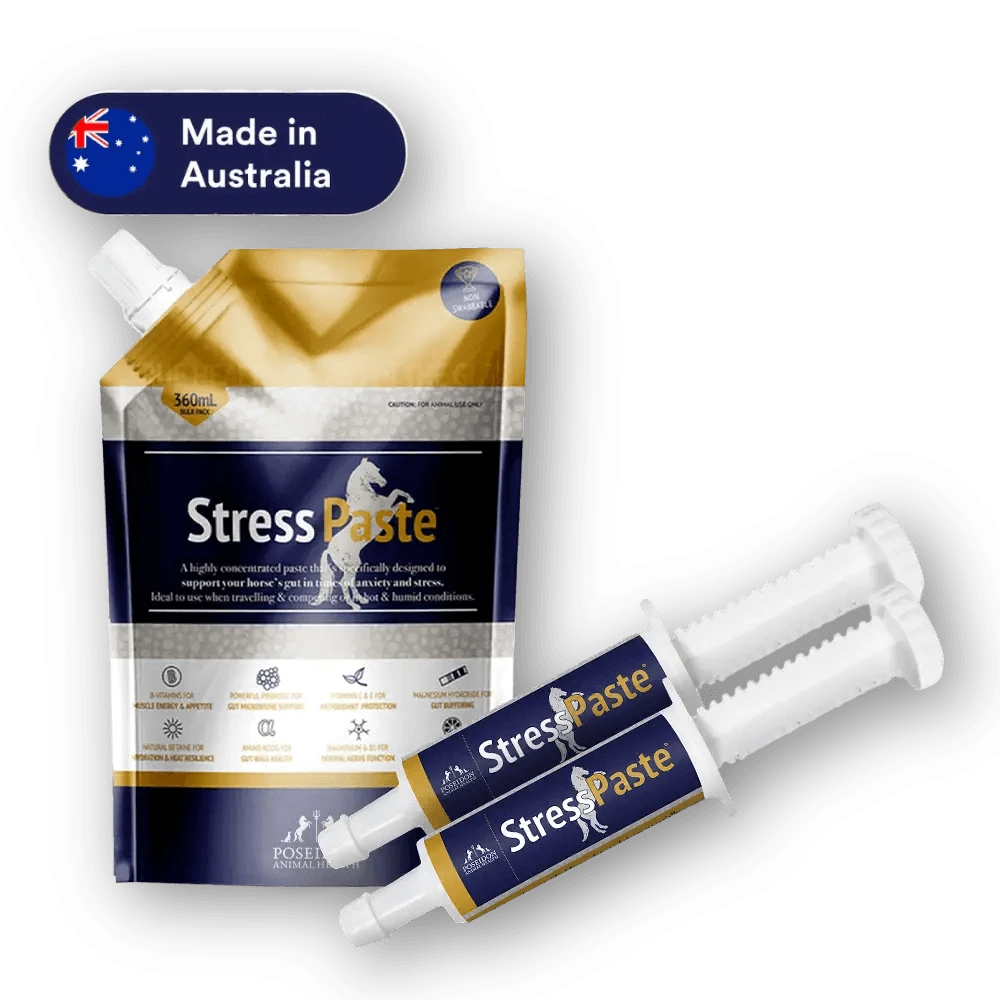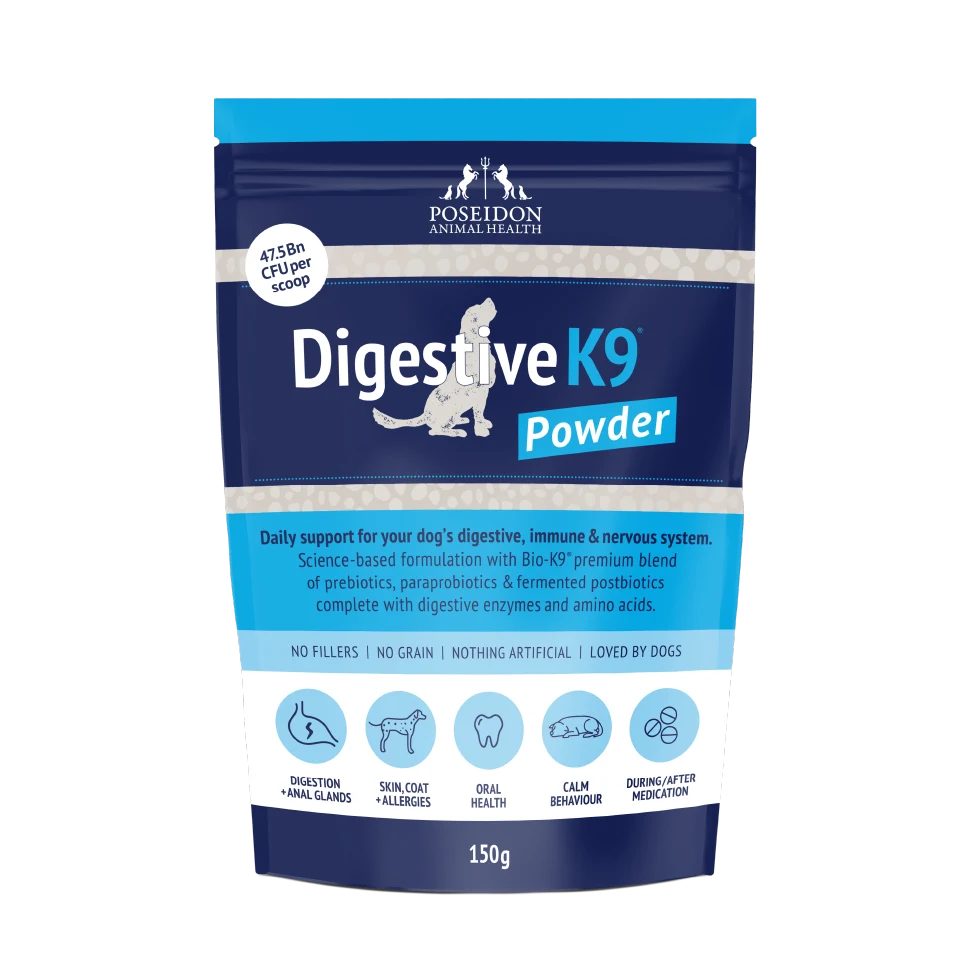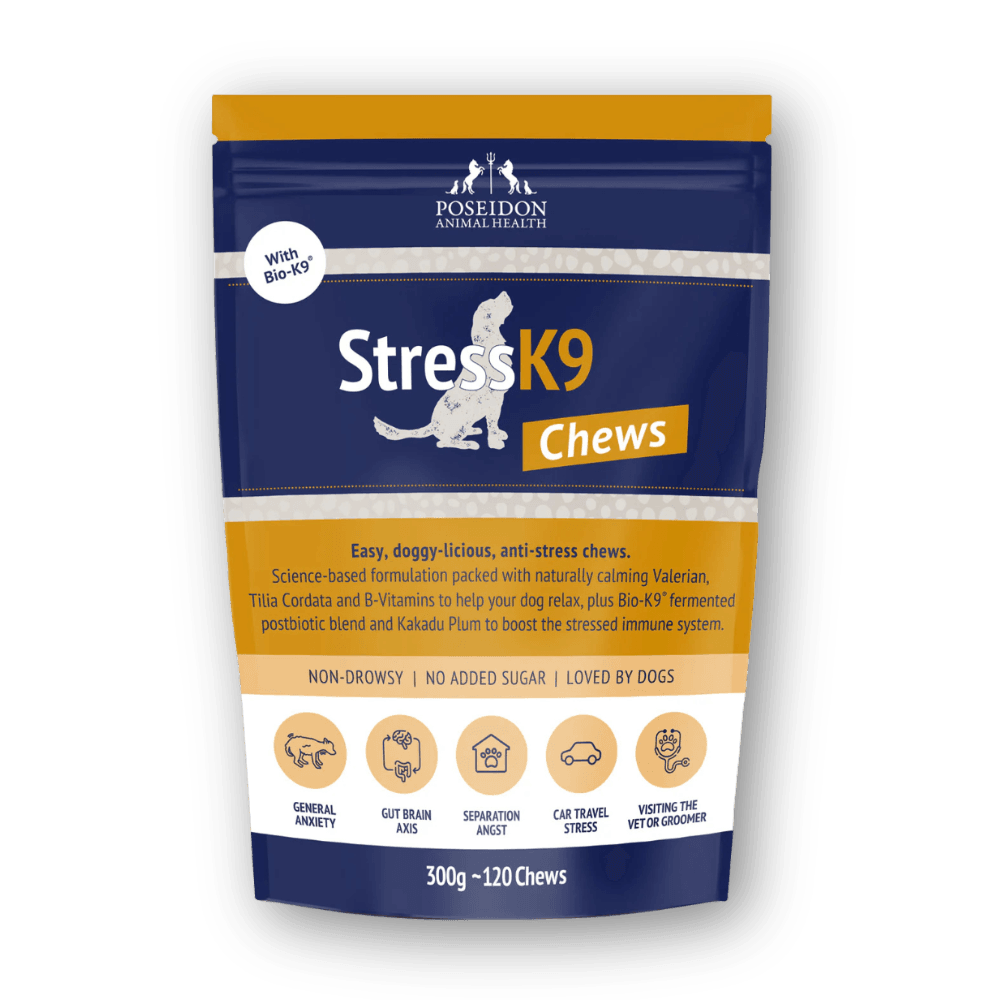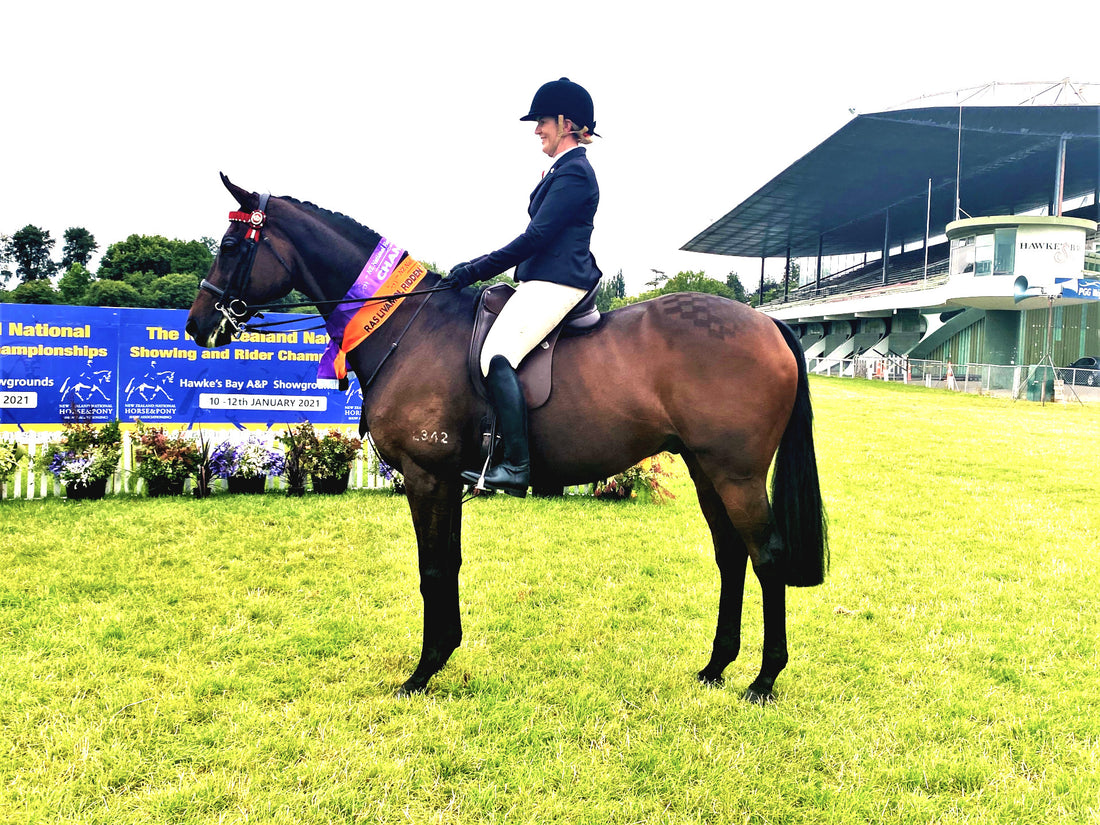
Dr Nikita Stibbard, MSc (Nutrition) BSc (Animal Science) BBS, Equine Nutritionist at Veterinary and Nutritional Integration LTD
There are so many things that I wish I could have learnt early on in my horse career that I have now learned as a practicing vet.
I have always had a big interest in horse nutrition and it was Linda from Poseidon Animal Health who really stoked this interest for me when I was a couple of years out from Vet school in my first equine job. She really got me thinking about how the horses gut worked, and through further study I - still to this day - continue to be shocked with how little I knew, and how much so many of us have been doing wrong in the way we feed our horses!
These are the 3 top things that I wish I learnt about the horses gut earlier in my vet career:
-
That biotin is produced in the hind gut (a healthy hindgut only) - it’s not only a matter of "no hoof no horse", but also "no gut no hooves"!
Healthy hooves need biotin, vitamin e, zinc (and more), and a horse with a healthy hind gut is able to produce biotin, often Negating the need for biotin supplementation.I wonder is this a big part of the reason we often see such terrible hoof quality in racehorses and show ponies? High grain diets are toxic to the horse's gut... Food for thought...
- That horses really don’t need grain for weight gain (to “feed them up”) and they are designed to run much better on fibre based diets.
A horse's gut is really designed to run on fibre and actually is much more efficient at producing energy from fermenting fibre, than producing energy from grain.
This is how horses were designed to function!
-
That high grain diets are super damaging to both the stomach and hind gut.
High grain diets will acidify the horse's stomach and hind gut, leaving them prone to problems such as ulceration, leaky gut, colic, peritonitis and colitis. High grain diets will also allow proliferation of ‘bad bacteria’, and kill out the friendly microbes!
Hopefully you can pick out a few tips from what I’ve learnt in the way you feed your horses.
Check out your horse feed bag labels, looking especially for what types of grain are in there, and how much. If in doubt, get your horses diet analysed, OR just feed more fibre (and lots of different sources of it) - before reaching for that bag of barley to put some weight on your horse! 😉







